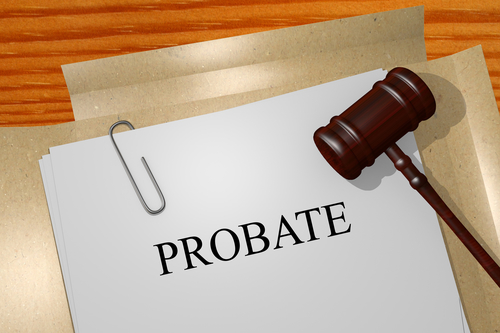 Determining When a Civil Rights Case Is Appropriate for Mediation
Determining When a Civil Rights Case Is Appropriate for Mediation
Mediation helps individuals, businesses and governmental agencies save time and money by having the parties come together in an attempt to reach an amicable resolution of their case. Determining whether a case is appropriate for mediation often depends on considering the temperament of the parties involved and the circumstances involved. Some specific factors that lean toward mediating a case include:
Parties have Differing Views on the Laws or Facts
When the dispute exists because there is a difference in opinion regarding the facts or laws, the case may be amenable to mediation. This process often serves as a reality check for the participants with the mediator explaining how the court has ruled in similar situations. He or she can also highlight the relative strength or weaknesses of cases.
When a Party Wants to Be Heard
Even if a case goes to litigation, the claimant may never feel that he or she had the opportunity to explain his or her own perspective. Mediation can be an effective way to allow the claimant to express his or her emotions and to receive empathy in response. Also, the party may want to talk to the other party directly, which can happen in mediation but not usually in litigation.
Poor Communication
In some situations, a negotiation is a logical conclusion to a case. However, the parties may simply be unable to communicate effectively with each other. Mediators are skilled professionals who use a variety of dispute resolution techniques to get the parties to express their feelings, identify their interests and find points of agreement. The parties may perceive their interests as incompatible, but a mediator may be able to change this mindset and help the parties align their interests.







 Probate cases are often difficult for a number of reasons. A family has lost a loved one while also grappling with financial decisions and consequences. Rather than bringing further complication into the case, many loved ones decide to mediate their probate case.
Probate cases are often difficult for a number of reasons. A family has lost a loved one while also grappling with financial decisions and consequences. Rather than bringing further complication into the case, many loved ones decide to mediate their probate case. When a patient is in a dispute with a hospital, doctor or other healthcare provider, the parties may agree to mediation to help them resolve their legal case. The mediator plays a pivotal role in the potential success of mediation.
When a patient is in a dispute with a hospital, doctor or other healthcare provider, the parties may agree to mediation to help them resolve their legal case. The mediator plays a pivotal role in the potential success of mediation.